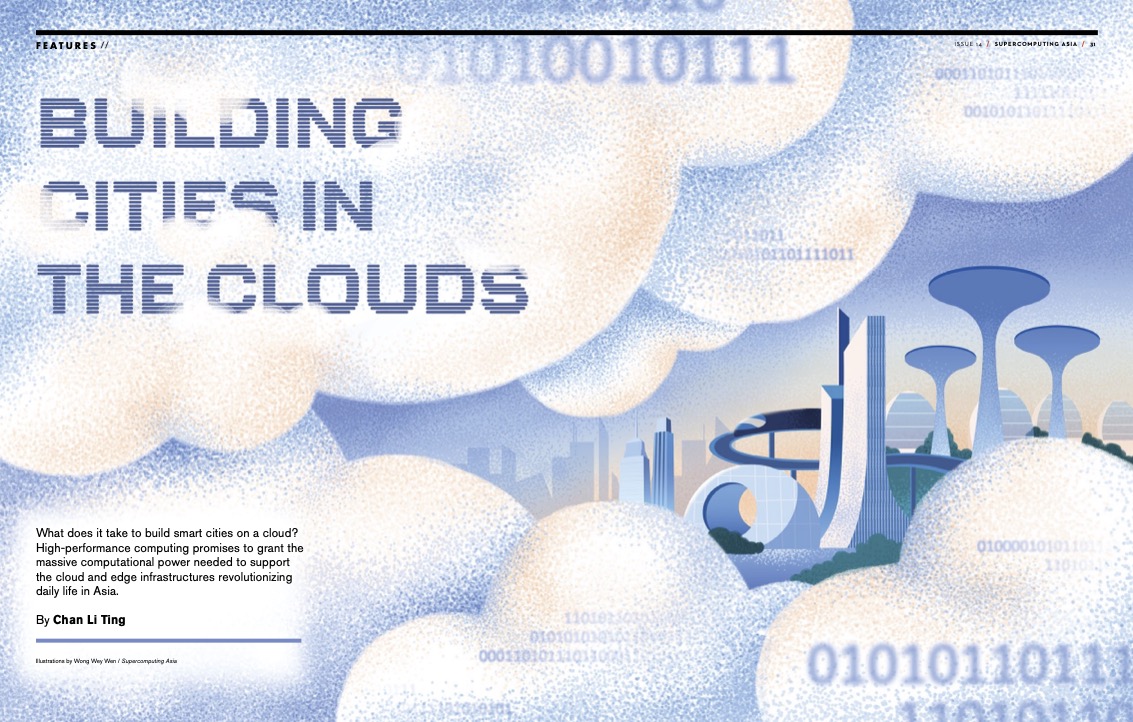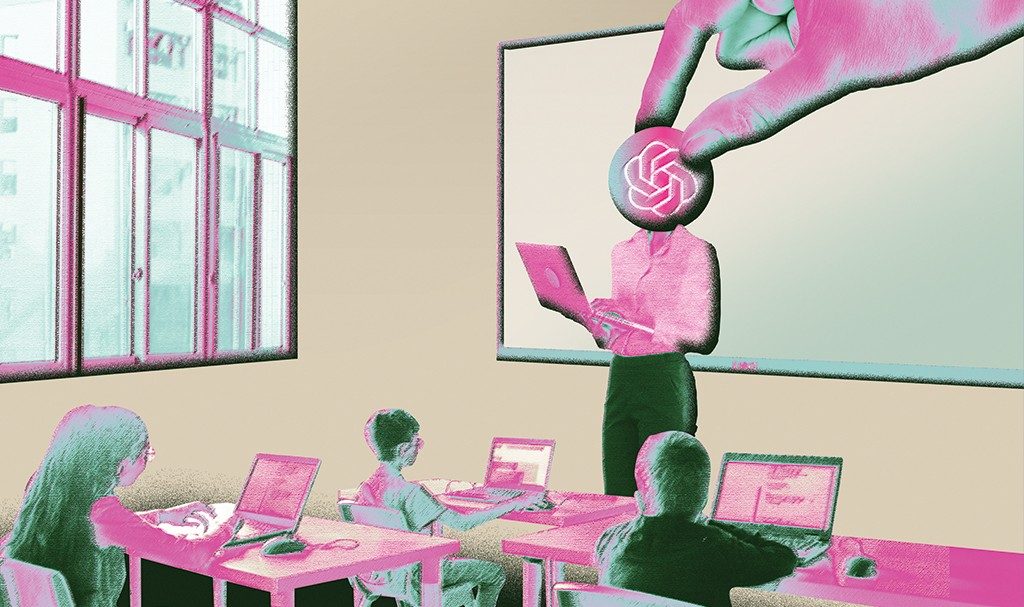Closing The Gap Between HPC Tech And Education
By Mitchell Lim
The last few decades of human history represent a tiny fraction of our time on Earth. However, the technological breakthroughs within this short period have transformed the human experience, from space probes venturing beyond our solar system in search of the universe’s origin to the countless artificial intelligence (AI) innovations that enable more accurate medical diagnoses, new communication methods and efficient renewable energy systems.
On the software front, a growing number of scientific domains are pivoting towards exploiting configurations heavy on GPUs, which in turn requires the re-architecting of many algorithms and software platforms.
“This can be a challenge, especially in areas like climate and weather modeling, where extensive software platforms have taken decades to develop. Reconstructing such codes to take advantage of the most efficient hardware is not an easy feat and presents a significant roadblock for many domains,” noted Smith.
BUILDING BRIDGES TO BOOST ACCESS
As with many contemporary issues, a multifaceted approach is key, including participation of and collaboration among multiple stakeholders that encompass academia, industry and government.
When executed effectively, education and training programs can serve as powerful tools for fostering HPC literacy. For instance, under the AI & HPC-enabled Education and Talent Development for Singapore initiative unveiled at the SupercomputingAsia 2023 (SCA23) conference, several institutions—including the National Supercomputing Centre (NSCC) Singapore; Institute of Technical Education (ITE); Republic Polytechnic (RP); AI Singapore (AISG); Singapore Polytechnic (SP); Singapore Institute of Technology (SIT); and the Institution of Engineers, Singapore Incubator & Accelerator (IES-INCA)—are joining forces to develop talent in HPC among its populace.
These collaborations aim to establish new curricula, training courses, workshops and student competitions in areas such as HPC, AI, data science, analytics, and advanced simulation and modeling. By nurturing talent in these fields, the workforce will be better equipped to support relevant industry sectors and navigate the complex landscape of HPC.
FORGING ALLIANCES FOR A THRIVING LEARNING ECOSYSTEM
At Australia’s NCI, outreach activities and internal training programs are conducted to help engineers embrace HPC and AI technologies. Through comprehensive surveys across its user base, NCI identified a significant gap in knowledge for students transitioning from domain-specific fields to HPC as they join the workforce.
Although many of these students have backgrounds in science or engineering, they often lack formal computer-science training. NCI addresses this gap with targeted interventions, providing solutions that differ from conventional university teachings.
“We are partnering with organizations like Intersect Australia, a leading provider of digital-skills training for researchers in Australia, to assist users in becoming acquainted with entry-level programming,” explained Smith. “As for advanced-level training, we formulate coursework in collaboration with specialized research groups across the nation, often through internship programs that leverage the expertise of these teams.”
Smith underscored the alliance between academia, industry and government as a vital catalyst in nurturing HPC literacy. Synergistic partnerships would give rise to platforms that allow diverse entities to pool their expertise and resources, which could further bolster HPC education and research.
With respect to government, NCI is not the only Commonwealth-funded research infrastructure working to bridge the HPC literacy gap in Australia. Its Perth counterpart, the Pawsey Supercomputing Research Centre, also operates an active skills training program to improve HPC literacy.
The Australian Research Data Commons, another government-funded project, also focuses on upskilling data literacy across various domains throughout the country. Through these concerted efforts, the Australian government is actively contributing to closing the gap in HPC and data literacy.
Collaborations in HPC extend well beyond national borders. The fifth iteration of the regional APACHPC-AI Student Competition, jointly organized by NCI and NSCC Singapore, recently concluded. Over a challenging six-month period, the event brought together graduate, advanced degree and undergraduate students from across the region.
The competition provided an opportunity for participants to develop their skill sets and deepen their understanding of HPC and AI technologies, all while showcasing their mastery of these disciplines on an international stage.
Rikky Purbojati, Associate Director of Research Computing at the National University of Singapore, told Supercomputing Asia, “This competition has united students, researchers and industry professionals to address a specific set of contemporary challenges. It’s an excellent platform for educating a significant subset of the community on the potential and capabilities of HPC systems to tackle many of today’s critical issues, such as climate change and AI, among others.”





